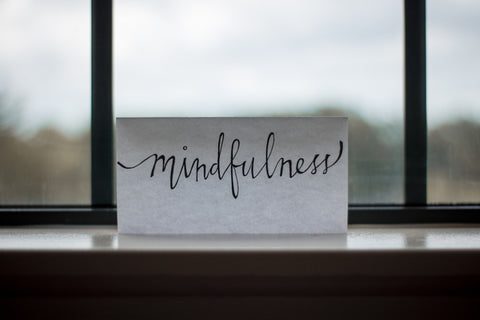Quality sleep is essential for maintaining optimal health and well-being. It allows our bodies and minds to rest, rejuvenate, and prepare for the day ahead. Unfortunately, many individuals struggle with sleep issues, ranging from difficulty falling asleep to experiencing interrupted and restless nights.
While there are several remedies available to promote better sleep, one natural solution that has gained popularity in recent years is cannabis. Cannabis, also known as marijuana or hemp, contains various compounds, including cannabinoids, that are believed to have potential sleep-enhancing properties.
In this article, we will explore the relationship between cannabis and sleep and discover how this natural gift from nature can help you achieve a restful night.
The Science behind Cannabis and Sleep
The cannabis plant contains over 100 different cannabinoids, but the two most well-known and researched components are tetrahydrocannabinol (THC) and cannabidiol (CBD). These compounds interact with the endocannabinoid system in our bodies, which regulates several biological functions, including sleep.
THC is known for its psychoactive properties and is responsible for the "high" feeling commonly associated with cannabis. It is also believed to have sedative effects, making it potentially beneficial for individuals struggling with sleep disorders.
CBD, on the other hand, is non-psychoactive and does not produce a high. It has been found to have a calming and relaxing effect, which may help alleviate symptoms associated with sleep disorders such as anxiety and insomnia.
The Benefits of Cannabis for Sleep
1. Insomnia Relief: Insomnia is a common sleep disorder characterized by difficulty falling asleep or staying asleep. Cannabis, particularly strains high in THC, may help individuals with insomnia fall asleep faster and experience longer periods of uninterrupted sleep.
2. Pain Management: Chronic pain can make it challenging to achieve restful sleep. Cannabis, especially strains high in CBD, has been found to have analgesic properties that may help reduce pain, allowing for better sleep quality.
3. Anxiety and Stress Reduction: Anxiety and stress can keep the mind racing and prevent individuals from falling asleep. CBD has shown promise in reducing anxiety and promoting relaxation, potentially aiding those with sleep disorders related to anxiety.
4. Sleep Apnea Relief: Sleep apnea is a condition where individuals experience pauses in breathing or shallow breaths during sleep. Preliminary studies suggest that cannabis may help improve the symptoms of sleep apnea, leading to better sleep quality.
5. Sleep-Related Disorders: Cannabis has shown potential in managing sleep-related disorders such as restless leg syndrome and nightmares associated with post-traumatic stress disorder (PTSD).
The Right Dosage: Finding What Works for You
When it comes to cannabis and sleep, finding the right dosage is crucial. The optimal dosage can vary greatly depending on factors such as individual tolerance, body chemistry, and the desired effects.
Start with a low dosage and gradually increase it until you find the dose that best suits your needs. It is recommended to consult with a healthcare professional or a knowledgeable cannabis expert to determine the appropriate dosage for your specific situation.
Choosing the Right Strain for Sleep
There are numerous cannabis strains available, each with its unique combination of cannabinoids and terpenes. Some strains are more likely to promote relaxation and better sleep than others.
Indica-dominant strains are commonly associated with sedative effects, making them a popular choice for sleep aid. They tend to have higher levels of THC, which can induce drowsiness and promote a more calming effect.
However, it is essential to consider your personal preferences and tolerance levels when selecting a strain. Experimenting with different strains and observing their effects can help you find the one that works best for you.
Safe and Responsible Use
While cannabis can offer potential benefits for sleep, it is essential to use it responsibly and safely. Here are a few guidelines to keep in mind:
- Know the laws and regulations regarding cannabis use in your area.
- Start with low doses to gauge your tolerance and response.
- Avoid driving or operating heavy machinery under the influence of cannabis.
- Be aware of potential side effects such as dry mouth, dizziness, and impaired cognitive function.
- Do not mix cannabis with alcohol or other substances without consulting a healthcare professional.
Conclusion: Embrace the Restful Nights with Cannabis
As more research is conducted on the potential benefits of cannabis for sleep, it becomes evident that nature's gift can play a valuable role in achieving a restful night. Whether you struggle with insomnia, chronic pain, or sleep-related disorders, cannabis may offer relief and improve your overall sleep quality.
Remember to start low and slow, experiment with different strains, and consult with professionals to ensure safe usage. Embrace the potential of cannabis as a natural sleep aid and experience the rejuvenating power of a restful night's sleep.



